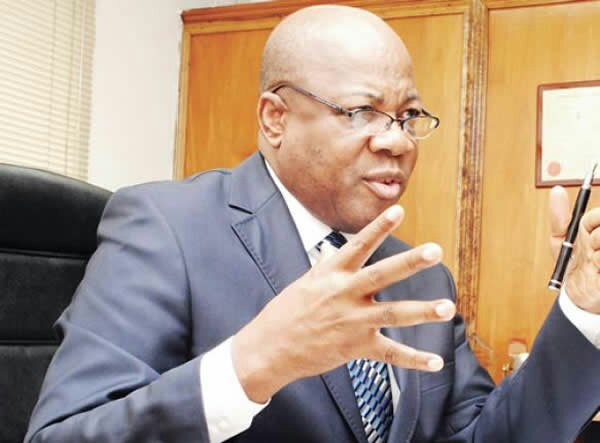
Dr. Olisa Agbakoba, SAN.
By Advocatenewsng.com
A former Nigerian Bar Association, (NBA) president and a human rights and social crusader, Dr. Olisa Agbakoba, SAN has proceeded to the court to seek interpretation of the scope of the powers conferred on the Economic and Financial Crimes Commission, (EFCC) as espoused in the Act that established it.
Agbakoba said he was worried with the recent moves by the anti-graft agency to oversight the Government of Kogi State over what it alleged was corruption proceeds being siphoned by some highly placed government officials.
In a statement released today by the fiery senior counsel, he wrote: “I am concerned that the EFCC often exceeds its powers in the investigation and prosecution of alleged offenders of our criminal laws.
“I held a media conference to express my concerns, which I do occasionally on several national issues. I stated that I felt that the EFCC, often but not all the time, I must concede, exceed its powers in what it considers to be its public duty, in the war against corruption in Nigeria.
He continued: “The EFCC issued a response stating that I was wrong to take the view that it sometimes acts outside the scope of its powers vested by the EFCC Act. The EFCC referred to some cases, but I would say that in a very recent decision, Dr. Joseph Nwobike SAN v The Federal Republic of Nigeria FRN SC/CR/161/2020, the Supreme Court drastically limited the scope of powers of the EFCC, as it recognized that the EFCC being very powerful could not be allowed to run amok.
“I am not a court. Neither is the EFCC. I will proceed to the Court for a declaration on the exact scope of powers of the EFCC, especially in relation to states of the Federation. A declaration by a Judicial authority is the most valid process to authenticate if I am right or wrong with respect to my position that the EFCC often acts contrary to the Law.
He however admitted that he is not against the fight against corruption, but it should be fought within the ambit of the law and under the scope of the powers being exercised by any anti-grft agency.
Hear him: “I am not in any way against the EFCC on the fight against corruption. As admitted by the EFCC, I have always supported the fight against corruption. My concern is that the EFCC, in its undoubted statutory powers to stamp out corruption in Nigeria must strictly conform to the prescriptions of the law. EFCC must not in the fight against corruption undermine the rule of law”.
Having stated his concerns over the matter, he therefore resigned to fate that will be given by the courts by submitting to the jurisdictions of the courts thus: “So to the courts, I go”.




